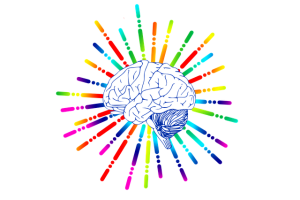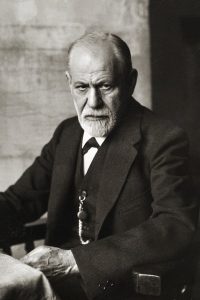
From Pixabay.com
Dreaming is a phenomenon that has stumped humans for thousands of years. They can be one of the most bizzare experiences in someones life, and almost every individual has the ability to dream. But what exactly are dreams and what purpose do they possess?

From pixabay.com
Dreams in the simplest definition are a series of thoughts, images, and sensations occurring while a person sleeps. Dreams can range from very life-like to very bizarre and terrifying. When someone is dreaming the entire brain is active. Although the whole brain is active during dreams the cortex is the part of the brain that is responsible for the content of your dreams. Most of our dreams occur during a phase of our sleep cycle known as REM sleep, which is characterized by rapid eye movement while we sleep, and studies have shown that this is when most of our dreams are occurring.
Here is a link to a podcast below with a more in-depth look into the study of dreams.
http://www.bbc.co.uk/programmes/p004y23x
So now that we now what dreams are, what purpose do they serve? There are many theories as to what the function of sleep is, and I will highlight a few here in this blog.

From pixabay.com
In Ancient civilizations, such as the the one in Egypt, people believed that dreams were another way an individual could see, and would aid in battle strategies. Moreover, the ancient Greeks and Romans believed that dreams may have been predictions of future events, or an attempt by the dead to contact the living.

From pixabay.com
As time has passed and our understanding of the brain has become better, new theories of why we dream arose. In particular, Sigmund Freud believed that dreams were desires or problems in our lives that we have bottled up and come to the forefront of our attention during dreams. Carl Jung a swiss psychiatrist also had similar theories about dreams; stating how they may reveal our subconscious desires or fears.
In modern medicine, studies of the brain, have led to even more theories about dreams and the purpose that they may fill. Some scientists believe that dreams are simply a way to get rid of all the useless data collected throughout the day, and help retain the most valuable information. A more interesting theory provided by a cognitive neuroscientist Antti Revonsuo, proposes that dreams are like fire drills, teaching our bodies how to react to danger for when it does occur in the real world.
Here is a video that delves into the purpose of dreaming and other popular theories surrounding dreams.
The purpose of dreams remain a mystery, but with continued research hopefully the future will provide more insight into this equally beautiful and terrifying phenomenon.
By Tajvir Mangat
